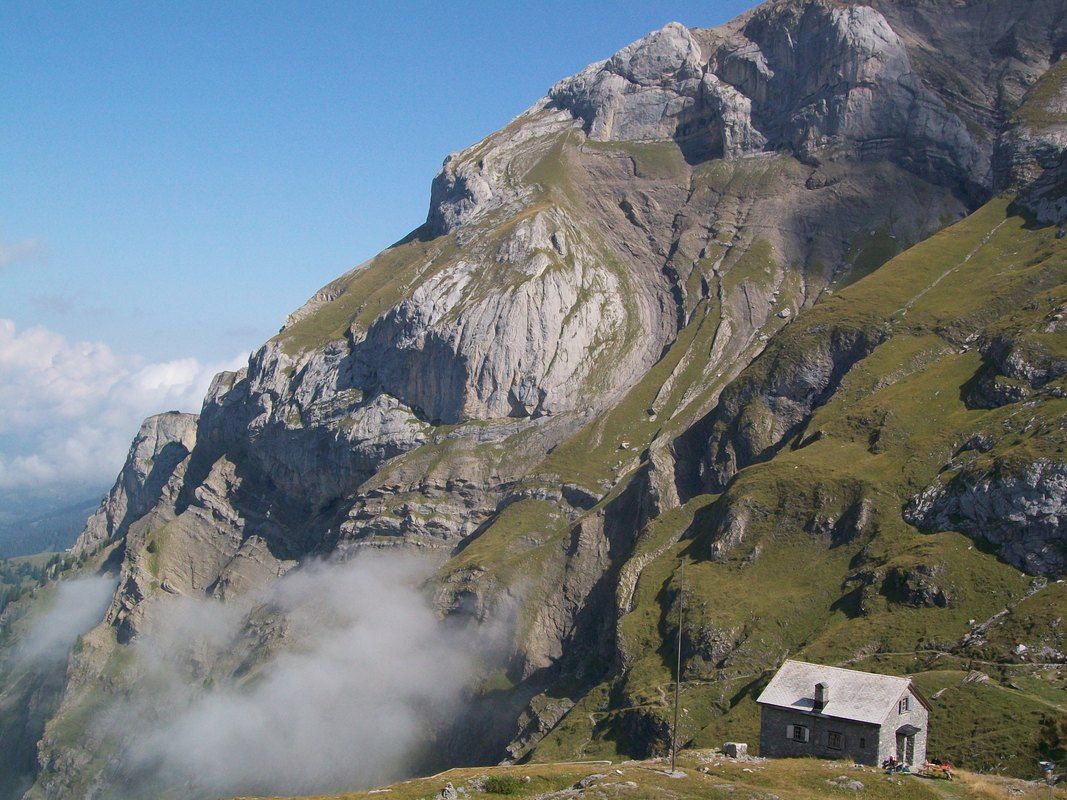Interested in working with me? Here are some opportunities!
Available MRes masters research projects
MRes projects in Economic Geology
We currently have several industry-supported Master of Research (MRes) projects available to study the origins and evolution of gold mineralisation. These 12-month (full time) projects will work closely with industry partners on active exploration targets, with companies providing data, samples and research funding. Students will gain experience in both advanced research techniques and modern mineral exploration activities.
Orogenic gold petrogenesis and prospectivity of the Bibemi region of northern Cameroon.
Supervisors: Catherine Mottram, James Darling, and Craig Storey (University of Portsmouth) and Iain Stobbs, Abdoul Mbodji and Claire Bay (Oriole Resources Plc). Contact [email protected] or [email protected]
One projects are available, both working closely with Oriole Resources PLC to study orogenic gold mineralisation in the Neoproterozoic Central African Fold Belt of Northern Cameroon. These aim to describe and compare mineralisation and alteration styles between gold-bearing veins across four main prospects in the Bibemi region. This will focus on petrological analysis, as well as microstructural and microchemical analysis using techniques such as scanning electron microscopy and laser ablation ICP-MS. Please click here to download a more detailed project description.
Timing of brittle deformation of the Alps revealed by direct U-Pb dating of calcite
Supervisors: Catherine Mottram, James Darling and Randall Parrish. Contact [email protected]
The overall aim of the project is to develop and implement the new U-Pb calcite dating technique and use it to directly-date (recent and on-going) tectonic processes within the Helvetic-Jura section of the northern Alps. The student will characterise and analyse previously collected samples from the Swiss and French Alps. Samples will be carefully characterised and dated at the University of Portsmouth’s state-of-the-art petrological and geochronological laboratory facilities using Scanning Electron Microscopy (SEM), Cathodoluminescence, laser mapping, and U-Pb dating using cutting-edge Laser Ablation-Inductively-Coupled-Plasma-Mass-Spectrometry (LA-ICP-MS) facilities. The student will be embedded within the Crustal Evolution Group under the supervision of Dr Catherine Mottram, Professor Randy Parrish, and Dr James Darling. This project will provide an excellent opportunity for outstanding training in analytical geochemistry and field geology alongside a supervisory team of world-leading geochronologists.
The results of this innovative study will provide detailed quantitative data on the rates and timing of brittle upper crustal deformation within the northern Alps for the first time. This has wider implications for how stress associated with mountain building is accommodated by folding and faulting. This is particularly relevant, as major seismic hazards are often caused by upper crustal faulting processes in many orogenic systems.
For more information about our MRes programme please see this website:
Please don’t hesitate to get in touch with us for further information about these opportunities.
We currently have several industry-supported Master of Research (MRes) projects available to study the origins and evolution of gold mineralisation. These 12-month (full time) projects will work closely with industry partners on active exploration targets, with companies providing data, samples and research funding. Students will gain experience in both advanced research techniques and modern mineral exploration activities.
Orogenic gold petrogenesis and prospectivity of the Bibemi region of northern Cameroon.
Supervisors: Catherine Mottram, James Darling, and Craig Storey (University of Portsmouth) and Iain Stobbs, Abdoul Mbodji and Claire Bay (Oriole Resources Plc). Contact [email protected] or [email protected]
One projects are available, both working closely with Oriole Resources PLC to study orogenic gold mineralisation in the Neoproterozoic Central African Fold Belt of Northern Cameroon. These aim to describe and compare mineralisation and alteration styles between gold-bearing veins across four main prospects in the Bibemi region. This will focus on petrological analysis, as well as microstructural and microchemical analysis using techniques such as scanning electron microscopy and laser ablation ICP-MS. Please click here to download a more detailed project description.
Timing of brittle deformation of the Alps revealed by direct U-Pb dating of calcite
Supervisors: Catherine Mottram, James Darling and Randall Parrish. Contact [email protected]
The overall aim of the project is to develop and implement the new U-Pb calcite dating technique and use it to directly-date (recent and on-going) tectonic processes within the Helvetic-Jura section of the northern Alps. The student will characterise and analyse previously collected samples from the Swiss and French Alps. Samples will be carefully characterised and dated at the University of Portsmouth’s state-of-the-art petrological and geochronological laboratory facilities using Scanning Electron Microscopy (SEM), Cathodoluminescence, laser mapping, and U-Pb dating using cutting-edge Laser Ablation-Inductively-Coupled-Plasma-Mass-Spectrometry (LA-ICP-MS) facilities. The student will be embedded within the Crustal Evolution Group under the supervision of Dr Catherine Mottram, Professor Randy Parrish, and Dr James Darling. This project will provide an excellent opportunity for outstanding training in analytical geochemistry and field geology alongside a supervisory team of world-leading geochronologists.
The results of this innovative study will provide detailed quantitative data on the rates and timing of brittle upper crustal deformation within the northern Alps for the first time. This has wider implications for how stress associated with mountain building is accommodated by folding and faulting. This is particularly relevant, as major seismic hazards are often caused by upper crustal faulting processes in many orogenic systems.
For more information about our MRes programme please see this website:
Please don’t hesitate to get in touch with us for further information about these opportunities.
Visiting students
|
I love hosting visiting students at the University of Portsmouth, we commonly have visitors from all over the world, including Brazil, Canada, China as well as UK students and researchers.
Please email me if you are interested in conducting a collaborative research visit at the UoP in our geochronology labs! |


